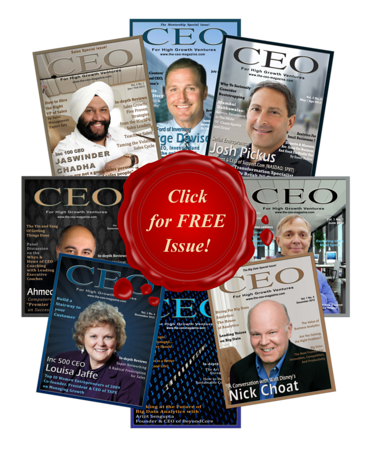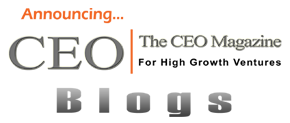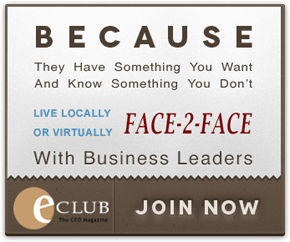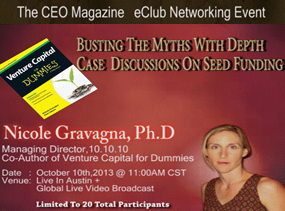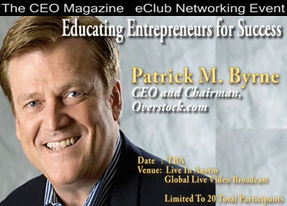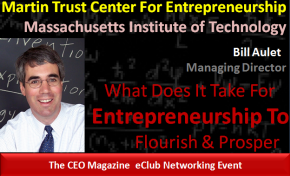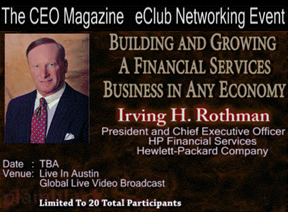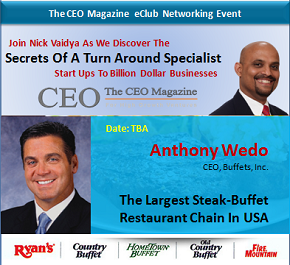You are here
- Scott Deming |
- Strategy - Small Business - Entrepreneurship - Leadership - Management - Sales - Marketing - Business Ops. |
- Tue, 03/31/2015 - 19:27
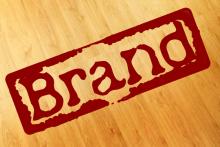
~~I was recently asked a common question during a Q&A. “What is a brand?” Believe it or not, I get asked this question all the time, simply because the word “brand” carries with it many different definitions. Depending on what one does for a living, what they’ve heard, what they’ve learned, or how they perceive their own “brand” the word has different meanings to different people. Some common definitions of brand are: a logo; a company; a product; a jingle; a trademark. Others think branding is advertising and marketing. I was interviewed for a magazine article recently about branding and was asked “What’s the difference between branding, marketing and selling?” I said “Branding is the creation of a perception and feeling about a company, product or service, through positive and consistent marketing and authentic, personal and emotional selling.”
Here’s how Wikipedia defines a brand: A brand is a name, term, design or other feature that distinguishes one seller's product from those of others. Brands are used in business, marketing, and advertising.
In simplest terms, a “Brand” is a distinguishing mark that sets one product or company apart from others. But that definition has evolved with the growing competitive landscape and the need to truly differentiate one’s company, product or service from all others. So, in a world full of commodities, how do some brands become mega brands or cult brands and others just disappear in the sea of sameness? Is it all about the product? Let’s take a look at a coffee maker, Starbucks. To be sure, they’re selling a commodity. You can buy coffee in just about any direction you turn, without going too far. Why then do people stand in line for twenty minutes and pay over five bucks for coffee at Starbucks? Is their coffee really that much better than other coffee makers? Hardly. People aren’t loyal to Starbucks because of their coffee, they’re loyal because of the experience. They associate their Starbucks relationship with being hip, cool and successful. They want to belong to the Starbucks brand and they want everyone to know they belong to the brand. They’re that proud. Starbucks sells a commodity to be sure, but they’ve created such an emotional connection with their customers that they’ll go out of their way and pay much more for a cup of “their Starbucks” than anywhere else.
I recently interviewed a sales manager at a large agricultural dealership. He sold two brands of tractors, CAT and John Deere. He told me a story about a farmer who came into his dealership every day for two weeks, in need of a new tractor. Now, these are big, expensive machines, in the range of $250,000. So, this farmer kicked the tires, test drove each machine and listened to the sales manager describe the features and benefits of each machine. The sales manager told me that line for line, feature for feature and benefit for benefit the CAT is a better machine. Everything about it was better. But in the end, the farmer bought the Deere. He had been loyal to Deere for years and he was not able to end that emotional connection with their brand. The sales manager said “I guess he’s just more comfortable on a Deere.” I said “No, he’s more comfortable with Deere.”
A powerful brand is one that has an emotional connection with their customers. Think Coke. They’ve been associating their brand with happiness for so many years, they’re almost a family member! To truly be unique in a world full of commodities, a company must create a powerful and positive association in the minds, hearts and souls of their customers about their product, service or company. This is done through emotional selling, building trust and creating that lifelong loyalty.
So, my definition of a “Brand” is this – An emotional “Brand” is one that creates a perception or feeling associated with their company or product, based on trust, love and loyalty which culminates from a unique experience, strong marketing and even stronger word of mouth.
If you want a brand that stands apart from others in your category, don’t change what you sell, change how you sell it.
Follow The Blog
Blog Categories
- Business Ops. (45)
- Editors (3)
- Entrepreneurship (196)
- Finance (25)
- Leadership (529)
Blog Authors
- Guest Blogger (835)
- Cynthia Kay (92)
- Linda Henman (78)
- Dianna Booher (46)
- Craig Ross (31)

